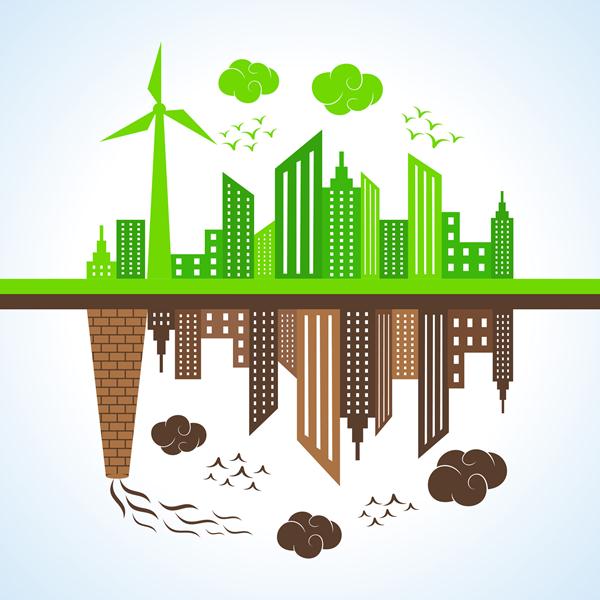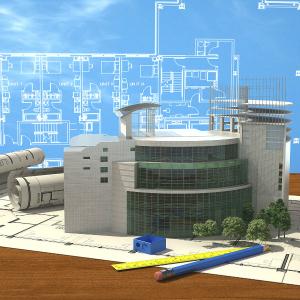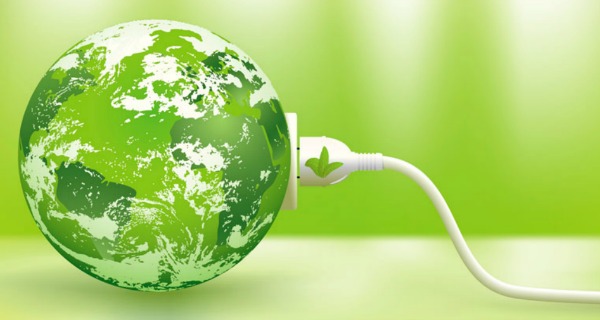WHY

Approaching the world of energy savings is natural to ask: Why we should make a production system more efficient?
The environmental problems linked to global warming and pollution as well as the importance of thinking to a more sustainable development, are well known to everybody.
These issues have been raised several times and by various institutions. Initially it was just a scientific debate, but then the debate has widened to environmental groups and opinion until it touches the national and international institutions. Just think of the election campaigns of Al Gore and Obama for president of the United States of America or any international agreement on climate like that of Kyoto. Lately even Pope Francis took a stand on environmental issues, in the encyclical "Praise" dedicated to ecology or the "mother earth."
A first and important reason is surely to preserve the world around us and in which we live, and ultimately preserve ourselves and our children.
However, the obvious objection that is raised in this statement: "I am the owner of a company, not a charity, my goal is profit not save the planet."
This statement is daughter of a faulty logic, which sees energy efficiency as something economically wasteful that has been made interesting only with government incentives, but it is also forgotten that neglecting the energy efficiency implies a "hidden cost in the balance sheet items" that is not carefully considered.
This cost, , for example, is hidden in the power consumption due to the losses of compressed air distribution line or because of non-recovery of waste heat from a process with natural gas.
One of the most important goals of Auditech is to carry out audits designed specifically for your company with the aim to assess what are the most cost-effective energy efficiency measures that can be economically sustainable without government incentives.
Our first energy audit is an important step in understanding what actions to take to optimize energy consumption.
WHEN

The answer to the question “When?” should be: as soon as possible!
This is because the wait is a business cost. The inefficiency generates not only a waste of energy and money but also a detriment to the environment.
The correct energy efficiency policies also allow you to increase the company's competitiveness as lowering operating costs, they increase the company margin, making the company less vulnerable to market fluctuations.
In addition to these reasons due to common sense, there are also legal reasons. For large companies, there is an obligation of the energy audit or the adoption of ISO 50001 by December 2015 whereas SMEs are thinking of incentive policies to carry out energy audits or to adopt ISO 50001. Also in Italy ( Ministerial Decrees of 20 July 2004) there is the possibility for many manufacturing processes to access TEE (Titoli di Efficienza Energetica) with a certified intervention of energy saving.
White certificates consists of securities purchased and sold with the original value set at € 100 / toe (ton of oil equivalent).
HOW
 There are many technologies that can reduce the energy consumption of an establishment.
There are many technologies that can reduce the energy consumption of an establishment.
As you can see the efficiency measures can be divided into two main groups:
- upstream utilities Interventions
- downstream utilities Interventions
For the first group, the energy reduction is due to a better use of such resources or a failure to use them through the integration of another source. To be valid, these actions do not involve a reduction in the consumption of the plant.
Examples of such measures, proposed by the Auditech, are the design, installation and maintenance of plants like:
- Cogeneration and trigeneration (more efficient use)
- Heat recovery (another source)
- Renewable energy (other source)
In the second group, the reduction of energy is obtained by going to reduce consumption of the plant. This reduction generates a lower demand for utilities which implies a lower consumption of energy.
Examples of such measures, proposed by the Auditech, are the design, installation and maintenance of:
- LED lighting (reducing electricity consumption for lighting)
- Optimization of compressor room (reducing electricity consumption for the production of compressed air)
- Leak ie management research and management of the losses of compressed air, steam or other gases (reducing the need for electricity / heat due to the elimination of waste)
- Optimization of a lubrication process (saving power consumption and of lubricant)
- Aligning rotating shafts (savings electricity consumption)
- Design and installation of new machinery (eg inverter)
WHERE

When you think about energy efficiency policies, everybody thinks about the installation of new machines that perform better and consume less energy.
The focus is often on the purchase of new systems or machines, overlooking the fact that only by reducing waste such purchases may also be avoided.
There are numerous cases of energy waste: improper use of utilities (compressed air, steam, industrial gases), inefficient lines and machines (poorly dimensioned or poorly maintained) and efficient solutions only in terms of production. An example of the last case is the idea to oversize excessively a mechanical component to prevent failure. In this case it increases the availability of the component but, having larger masses, it needs more powerful electric motors that therefore consume more power.
Auditech, in audits and energy diagnosis, not only takes into account all aspects required to achieve the goal of energy efficiency of a plant but performs with excellence, making use of experienced partners all execution phases to achieve all interventions proposed.
The main areas of focus are:
- Lighting indoor / outdoor
- Cogeneration and trigeneration
- Renewable energies
- Heat recovery from waste heat
- Room air-conditioning
- Lines, compressed air, vacuum and gas industry
- Pumps and compressors
- Motors and electric drives
- Ventilation and aspiration
- Rephasing electrical loads
- Remote
- Uninterruptible power supply (UPS)
- Electronic devices






 There are many technologies that can reduce the energy consumption of an establishment.
There are many technologies that can reduce the energy consumption of an establishment.